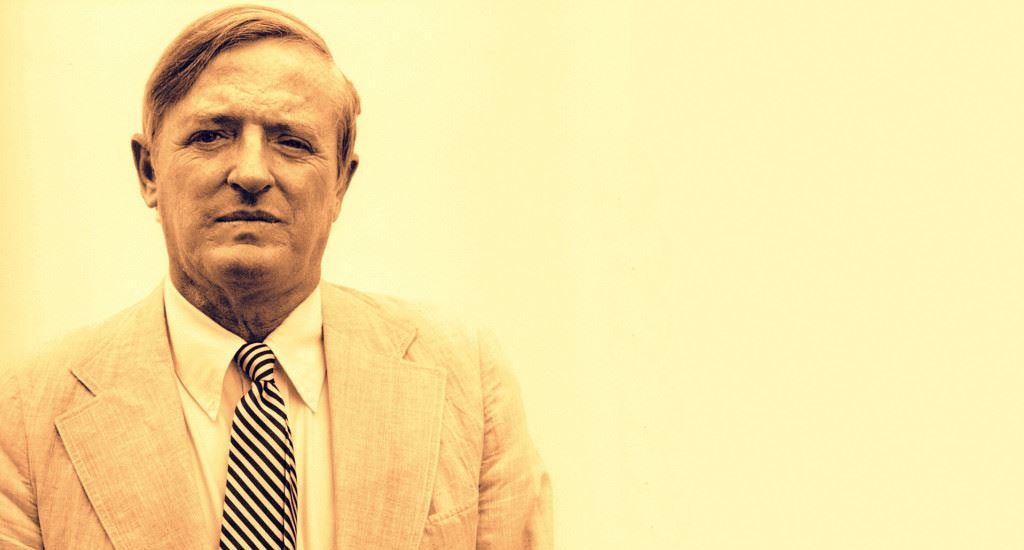From the Los Angeles Review of Books:
What makes Strauss, Levinas, and Arendt such fruitful objects of comparison is that their differences emerge against a background of similarity. Strauss, Levinas, and Arendt were all European Jews, born within 10 years of each other and educated in Weimar Germany. All three studied with Heidegger, and all three were personally and intellectually impacted by the rise of Nazism that Heidegger endorsed and supported, above all in his speech accepting the Rectorship at Freiburg University, in 1933.
. . .
Wurgaft recognizes that to explain the attitudes of Arendt, Levinas, and Strauss toward thinking in public, it is necessary to describe their philosophy more generally. Devoting three chapters to each, he offers less a summary of their positions than a chart of their shifting positions across time of their thought on the relationship between thinking and political life. Still, a reader of Thinking in Public will come away with a definite sense of how each conceived of that relationship. One way in which Wurgaft crystallizes their similarities and differences is by comparing their writing on two famous touchstones for thinking in public: Heidegger and Socrates.
Interestingly enough is how all three find themselves to a large degree to be responding not only to the work of Martin Heidegger, but to the rise of National Socialism and the horrors of the Second World War.
The subject of the review touches on three philosophers that could be said to hail from the last three great Western schools of thought: Strauss from the political right, Levinas from the Catholic center (Pope John Paul II was a phenomenologist, after all), and Arendt as the hallmark of free speech liberalism that dotted universities in the West during the 1960s. John Baskin writes on Arendt’s differences from Strauss:
The philosopher, that is, did not show her public value by committing, as Heidegger had, to some political or moral cause; but this did not mean she had to retreat or hide her deepest beliefs from the public, as Strauss proposed. The public square, in fact, was important to the philosopher’s own intellectual development, since it exposed her to novel ideas and opinions. By integrating and mediating between these opinions in her own thought, the philosopher could then return the favor by modeling the kind of argument that we should each be having in a free society, first with ourselves and then with one another.
That’s a compelling thought indeed. While Strauss makes a clear distinction between philosophy and public life, and Levinas blurs this line completely, Arendt provides a certain sort of Venn diagram where the ideas and thoughts within each circle begin to cycle in and out of their intersection:
The key to thinking in public is to remain faithful, in writing and in speech, to the original process of self-reflection, which cannot help but involve the thinker in an argument with opinions she has first encountered in public.
What asks for further explanation is the discussion on commitment qua political fanaticism, for while Levinas demurs on this topic in exchange for deeper reflection, both Strauss and Arendt seem to be preoccupied by the threat:
If Levinas was cautious about the prospect of translating philosophical insight into political commitment, Arendt and Strauss were explicitly opposed to it. “Commitment,” Arendt said at a 1972 conference on her work, “can easily carry you to a point where you no longer think.”
Hence the difference between a philosopher and a politician.
Yet in this regard, Baskin appears to agree with Arendt and Strauss both — that the moment one becomes a public intellectual, “a debasement of thinking, rather than a model for it” occurs. More interesting is the fact that all three of these thinkers had lived through the Second World War not just as Europeans but as Jews, and so had a unique claim against the partisans and in favor of the philosopher.
This generation is dead and gone, and with postmodern thought preoccupying the vast majority of Western thinking, Heidegger’s argument of authenticity seems to be gaining power well beyond the ranks of a few party cadres. When an entire society consists of postmoderns, it is almost a wonder as to why public intellectuals seem to have gone the way of William F. Buckley and Gore Vidal.
Strauss may have been right after all.
Yet perhaps all the good philosophers qua public intellectuals are in hiding? One finds this doubtful, though in the search for an antidote to authenticity one struggles to find a palate acculturated to the taste of ideas and public thought in the realm of social media.
